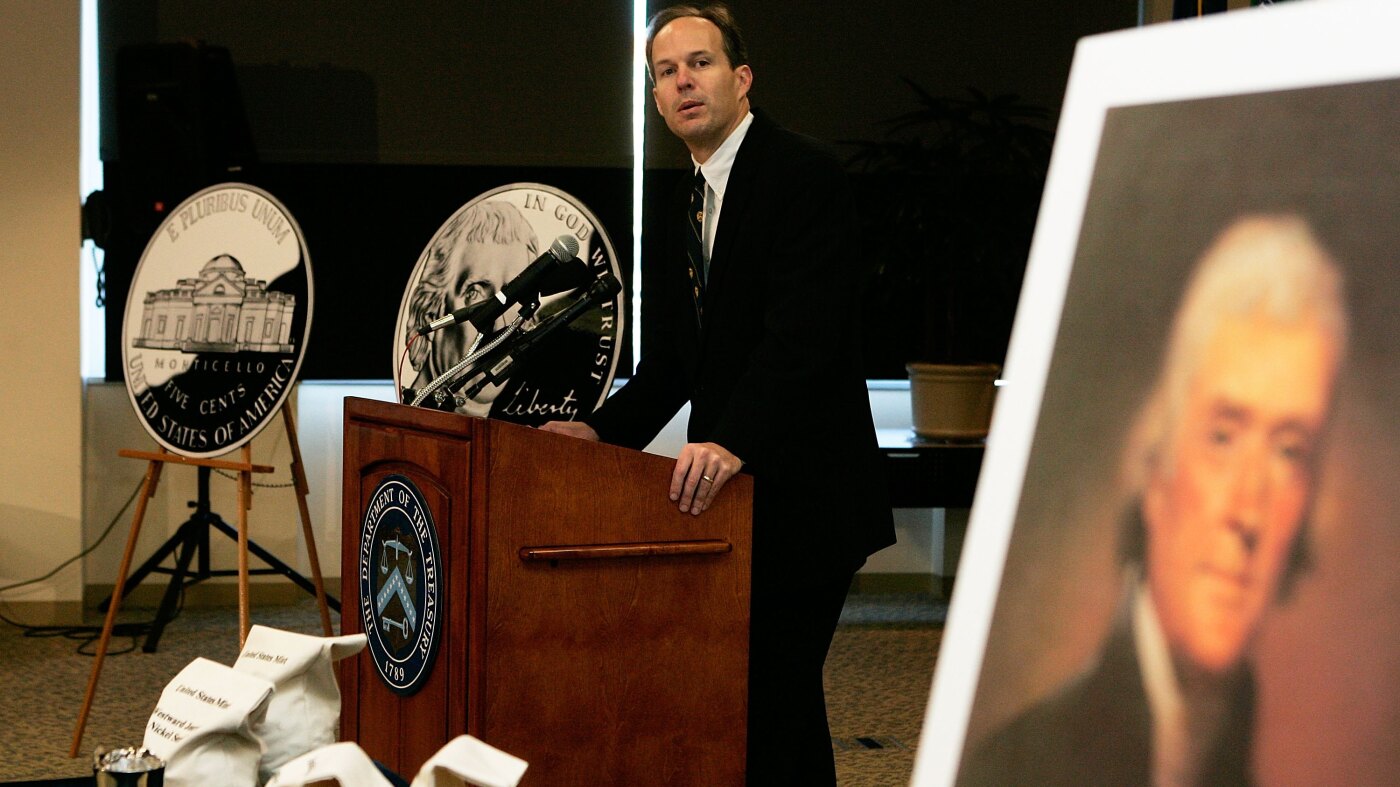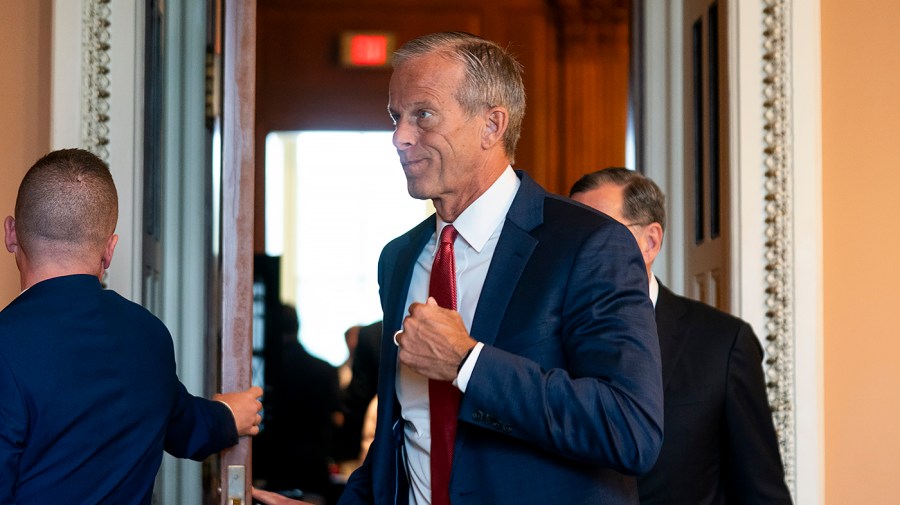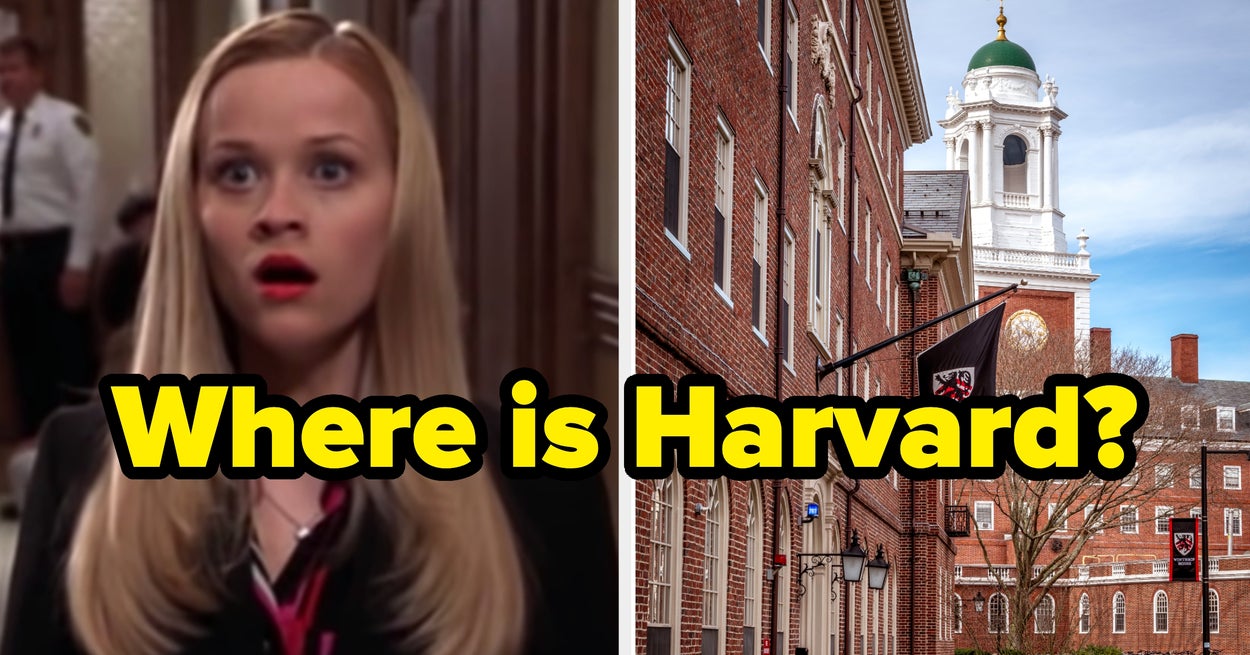

California Gov. Gavin Newsom (D) got a frosty reception at a federal appeals court Tuesday afternoon as it scrutinized a lower judge’s ruling blocking President Trump’s federalization of the National Guard in Los Angeles.
The three-judge panel on the U.S. Court of Appeals for the 9th Circuit appeared inclined to let Trump maintain control of the guardsmen, weighing the scope of the president’s discretion in times of conflict and whether the courts have the authority to intervene at all.
The judges seemed to believe Supreme Court precedent provides the president with broad authority to declare emergencies that can trigger the ability for him to deploy the troops.
“Those are maybe good arguments for the Supreme Court to reconsider those cases,” Judge Eric Miller, one of Trump appointees on the panel, told California’s lawyer.
“But they’ve told us repeatedly that when there is a case that is directly applicable to an issue, even if we think it’s been undercut by later developments…we’re supposed to follow the applicable case and leave it to them to overrule it,” Miller added.
The judges repeatedly stressed an 1827 Supreme Court decision, Martin v. Mott, that gives the president exclusive authority to decide whether an exigency justifying the use of military power has arisen.
Samuel Harbourt, California’s attorney, insisted “it was a very different case.”
“If we were writing on a blank slate, I would tend to agree with you,” Jennifer Sung, an appointee of former President Obama, told him. “But the problem that I see for you is that Mott seem to be dealing with very similar phrasing about whenever there is an invasion, then the President has discretion, and it seemingly rejected the exact argument that you’re making.”
Judge Mark Bennett, the other Trump appointee, questioned whether the courts could intervene in the Los Angeles deployment even if there was some limited role for judicial review.
“With the facts here and the language in Martin v. Mott, how can that test be met here?” he asked.
Trump deployed the National Guard over a week ago as protests erupted in Los Angeles over the administration’s immigration raids, devolving at times into violence.
He cited a statute that allows the guard to be federalized when there is a rebellion or when the president can’t execute federal law with regular forces.
Tuesday’s arguments followed a district judge’s order directing Trump to return control of California’s National Guard to Newsom.
U.S. District Judge Charles Breyer, an appointee of former President Clinton and the brother of retired Supreme Court Justice Stephen Breyer, called Trump’s takeover illegal and said it exceeded the scope of the statute.
The Justice Department appealed the ruling within minutes of its release, and the 9th Circuit panel granted the government’s request to temporarily halt the ruling as its request for a longer pause is considered.
Brett Shumate, who represented the government at Tuesday’s arguments, said Breyer “improperly second-guessed” Trump’s judgment about the need to call up the guard, interfering with his commander-in-chief powers.
“It upends the military chain of command. It gives state governors veto power over the President’s military orders. It puts article three judges on a collision course with the commander in chief. And it endangers lives,” Shumate said.
California also argues that regardless of whether the triggering conditions were met, Trump did not follow the statute’s mandate to issue his order “through” the state’s governor. California says that requires Newsom to consent, which he did not.
But at least some of the judges appeared skeptical of that argument, too.
“It’s a very roundabout way, I mean, of imposing a consultation requirement,” said Miller.
The appeals court could now rule at any time. Before adjourning, the panel noted Breyer is moving quickly to a Friday hearing on whether to grant a longer injunction. His ruling would moot the current appeal.
And if the administration loses, they asked for the deployment to remain intact until they have an opportunity to file an emergency appeal at the Supreme Court.








